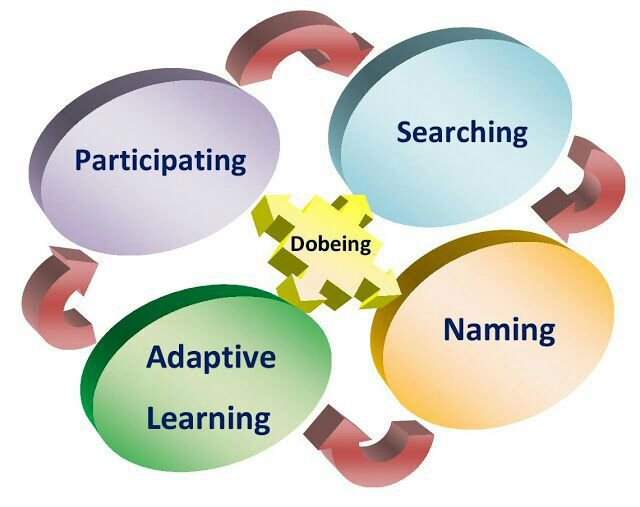Soulagogy a brand-new educational perception
Soulagogy is a brand-new educational perception, coined by Nir Golan, comes from the Greek words psycho means “soul” and gogy or gogia means “to lead”, literally refers to “to lead the soul”. It is based on the assumption that Soulagogy: to lead the soul, means Educating the soul. “Education is that process, by which thought is opened out of the soul, and, associated with outward . . . things, is reflected back upon itself, and thus made conscious of its reality and shape. It is Self-Realization. As a means, therefore, of educating the soul out of itself, and mirroring forth its ideas, the external world offers the materials."/ Amos Bronson Alcott. He was an American teacher, writer, philosopher, and reformer. As an educator, Alcott hoped to perfect the human spirit. Soulagogy is also refers to the term Psychogogy: a German ward that was first coined by a German author of "Psychogeneses und Psychotherapies Korperlicher Symptom" (1925), Oswald Schwartz, who used the term to describe a possible process for helping people to become self-actualised. Later, Abraham Maslow borrowed that term psychogogy for his classic treatise on Eupsychian Management (1965). In one of his short essays "The Farther Reaches of Human Nature" (1971), Maslow defined psychogogy as the education of the psyche. Whitehurst (2002) has defined it as the “integration of professional wisdom with the best available empirical evidence in making decisions about how to deliver instruction”.
Education of the Soul, according to Swarm Learning model, is that process by which thought is opened out of the soul, and associated with outward things in Participating phase.
The Dobeing is reflected back upon itself, and thus made conscious of its reality and shape. It is the first time that the student deals with his own Dobeing and it continues till the end of the Swarm Learning model.
This Doing identification process occurs during the participating phase. The result of this phase is Dobeing Self-Realization. As a means, therefore, of educating the soul out of itself, and mirroring forth its ideas, the external world offers the materials for this process.
The materials and outward things are the setting of the Participating step.
While the Searching phase the dim glass is reviled in which the senses are first called to display the soul-Dobeing, until, aided by the keener state of imagination. It separates those outward types of itself from their sensual connection, in its own bright mirror recognizes again itself, as a distinctive object in space and time, but out of it in existence, and painting itself upon these, as emblems of its inner and super-sensual life which no outward thing can fully portray.
In the Naming stage a language is to be instituted between [the child’s] spirit and the surrounding scene of things in which he dwells. He who is seeking to know himself, should be ever seeking himself in external things, and by so doing will he be best able to find, and explore his inmost light in the Adaptive Learning phase.
Chia and Ng (2011) define psychogogy as follows: psychogogy is the instructive theory that includes psychological influence on a learner’s mind in terms of his/her learning and thinking abilities (cognition), feelings (affect), and will (conation) to perform or act and whose behavioural traits interlinked by various senses through different sensory processes (sensation) in order to establish his/her own perception and belief throughinteraction with others within a given socio-cultural context.”
Psychogogy addresses the mental well-being of an individual by growing or developing through a hierarchy of needs towards self-actualization (Maslow, 1943, 1965). Soulagogy in addition, according to Golan, also concerns skills and abilities with innate mind abilities as apart of the education process and moving the student upward to develop essential and higher soul skills and abilities towards self-fulfill ment: Dobeing.





תגובות
הוסף רשומת תגובה